Scientists believe they’ve found a spade-toothed whale on Otago beach. This species is considered the world’s rarest whale.
The five-meter-long creature washed ashore in early July 2024. Researchers identified it based on its color patterns, skull shape, beak, and teeth.
Spade-toothed Whales: An Enigmatic Species
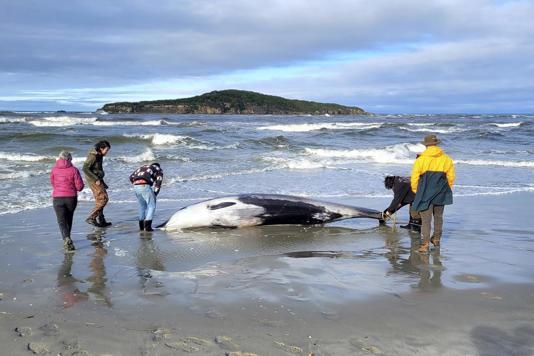
Spade-toothed whales have never been seen alive. Scientists know virtually nothing about their behavior or habitat.
Only six other specimens have ever been identified. This discovery could provide unprecedented insights into the species.
Scientific Breakthrough: First Intact Specimen
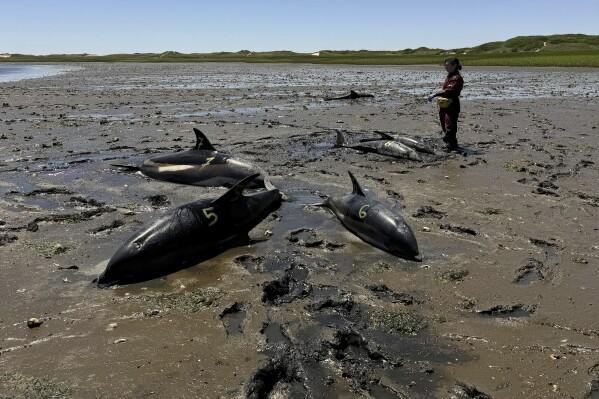
Previous intact specimens were buried before proper DNA testing. This whale was quickly moved to cold storage for study.
Researchers will work with local Māori tribes to plan the examination. This specimen offers the first opportunity for a comprehensive dissection.
Māori Cultural Significance in Whale Research
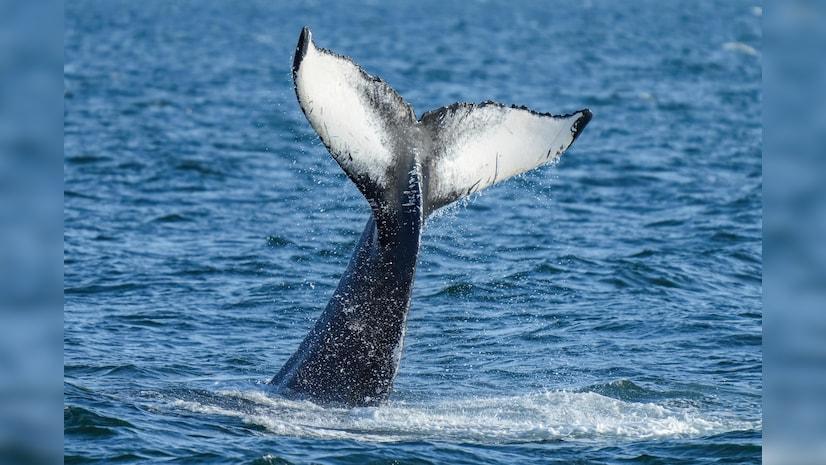
New Zealand’s Indigenous people consider whales sacred treasures. In April 2024, Pacific Indigenous leaders signed a treaty recognizing whales as “legal persons”.
This cultural perspective influences how researchers approach whale studies. Collaboration with Māori tribes is crucial for respectful scientific examination.
Challenges in Studying Deep-diving Whales
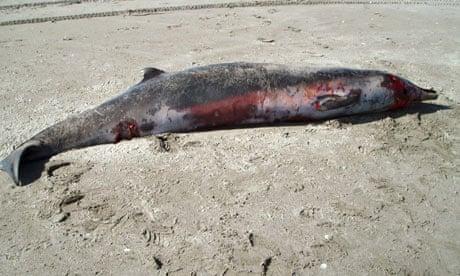
Spade-toothed whales likely deep-dive for food. They surface rarely, making observation extremely difficult.
Their habitat is presumed to be in the southern Pacific Ocean. This region includes some of the world’s deepest ocean trenches, complicating research efforts.
Genetic Testing: Confirming Whale Identity
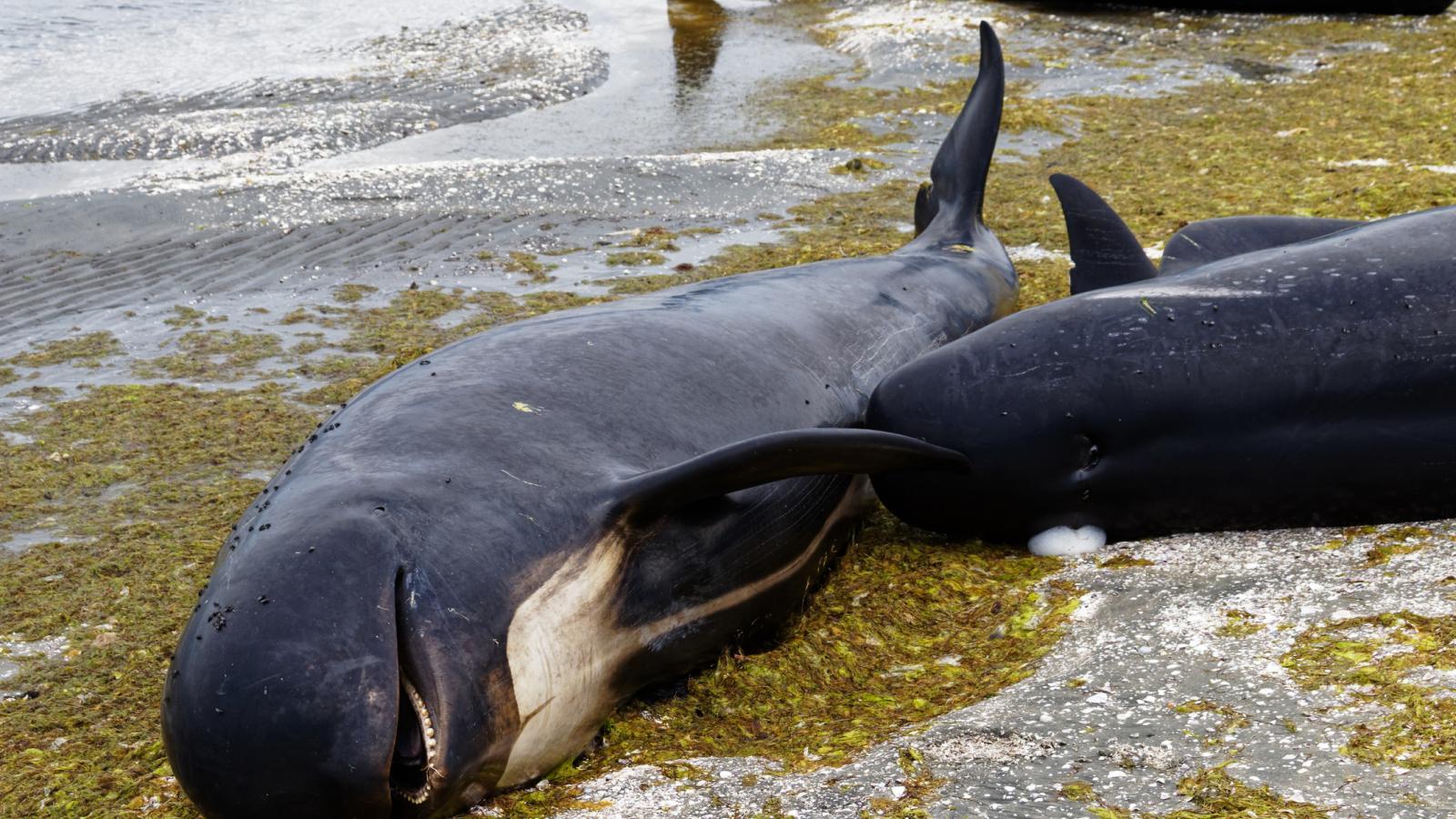
The conservation agency estimates genetic testing could take months. DNA analysis is crucial for definitive species identification.
This process involves comparing genetic markers with known spade-toothed whale samples. Confirmation would make this the seventh verified specimen in history.
Historical Context: First Spade-toothed Discovery
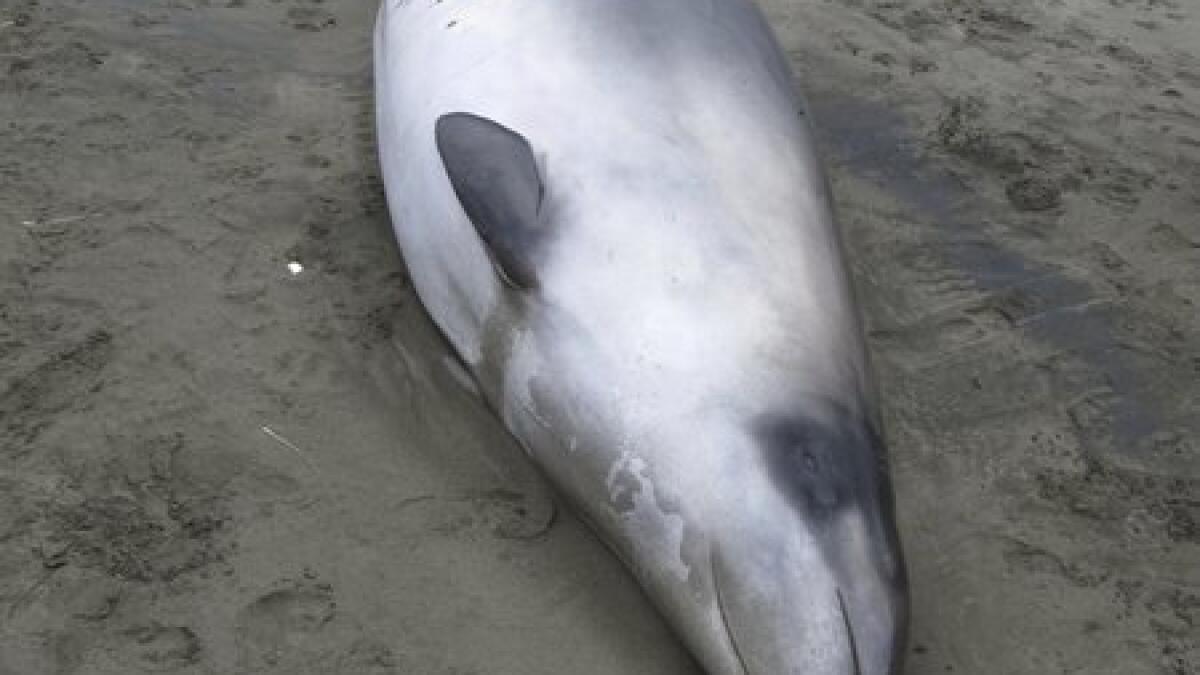
The first spade-toothed whale bones were found in 1872. Subsequent discoveries occurred in the 1950s and 1986.
DNA sequencing in 2002 proved these specimens were the same species. This research established spade-toothed whales as distinct from other beaked whales.
2010 Milestone: Two Whole Specimens
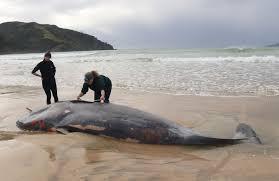
In 2010, two dead spade-toothed whales washed up in New Zealand. They were initially misidentified as common beaked whales.
Tissue samples revealed their true identity after burial. This event marked the first time whole specimens were found.
New Zealand: Whale Stranding Hotspot
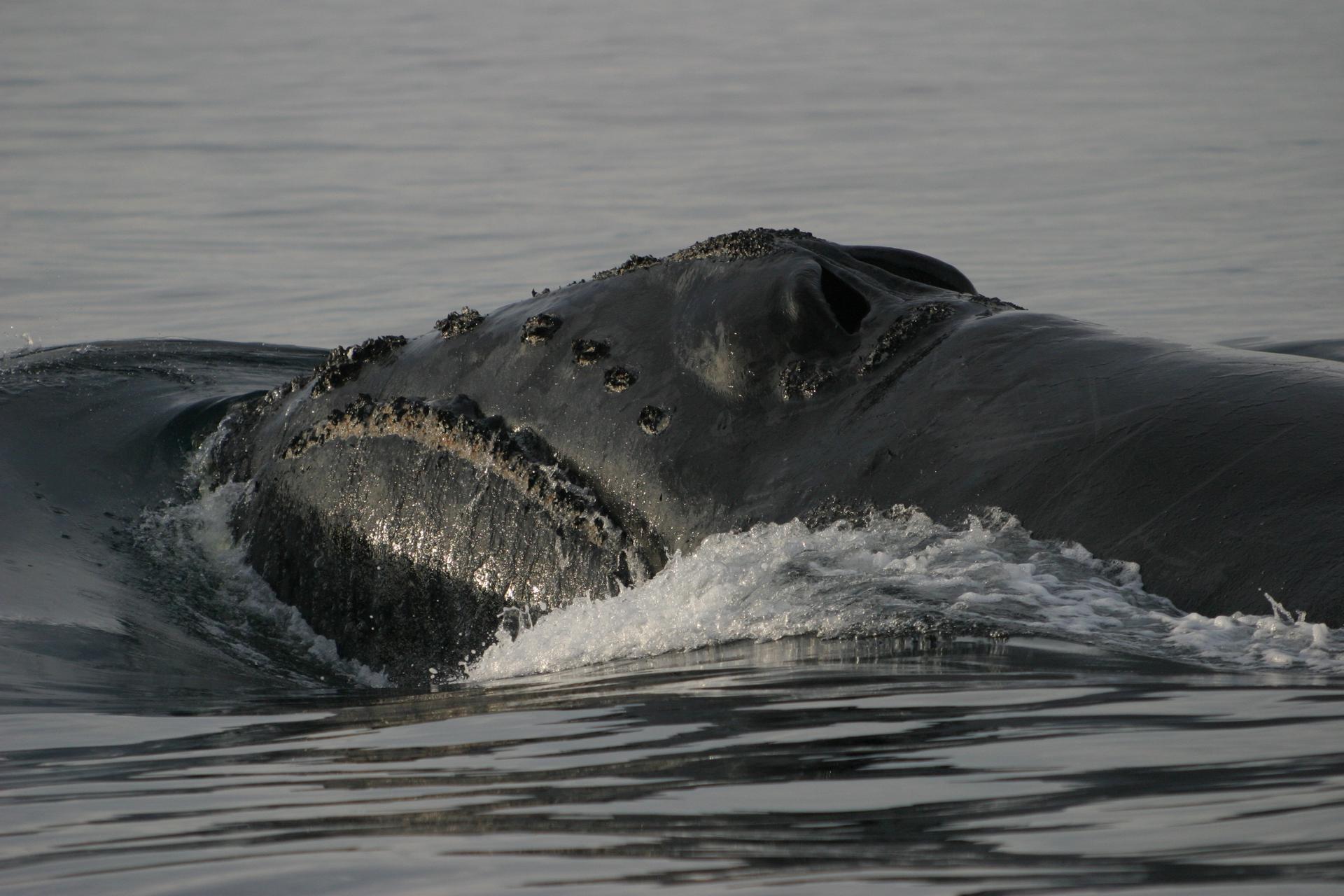
Over 5,000 whale strandings have been recorded in New Zealand since 1840. The country’s geography and ocean currents contribute to frequent strandings.
New Zealand hosts 13 common types of beaked whales. This high whale activity increases the chances of rare species discoveries.
Beaked Whales: A Diverse Family
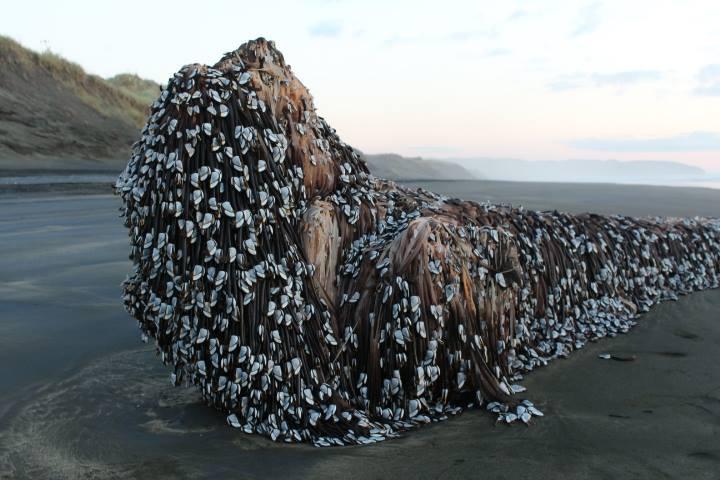
Beaked whales comprise 23 known species worldwide. They are deep-diving cetaceans, capable of reaching depths over 3,000 meters.
Most beaked whale species remain poorly understood. The spade-toothed whale is considered the least known of all.

